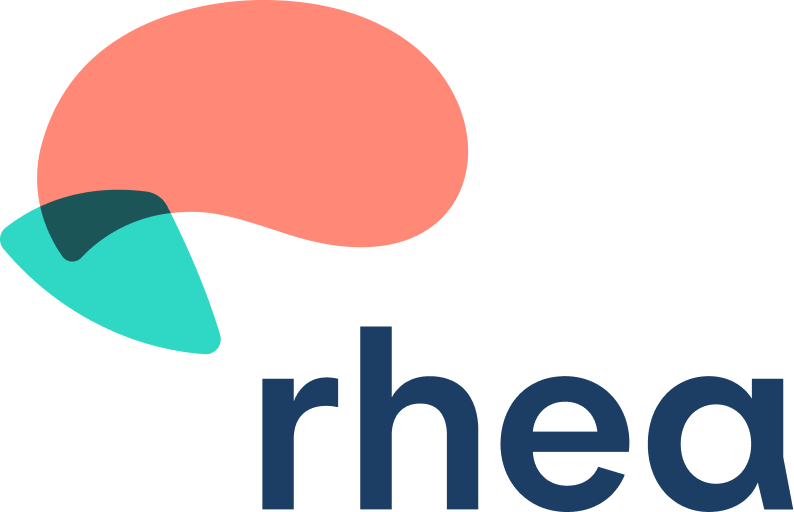Physical Interventions
Exercise . Neck . Vision .Research Paper:
Do physical interventions improve outcomes following concussion: a systematic review and meta-analysis?
Article Breakdown
Reid, Farbenblum & McLeod (2022) conducted a systematic review and meta-analysis examining the effect of physical interventions (ie., subthreshold aerobic exercise, cervical, vestibular and/or oculomotor therapies) on days to recovery and symptom scores for concussion management.
The authors reviewed randomized controlled trials (RCT) for interventions of subthreshold aerobic exercise, cervical, vestibular and/or oculomotor therapies. Twelve RCTs met their inclusion criteria: 7 on subthreshold aerobic exercise, 1 on vestibular therapy, 1 on cervical therapy and 3 on individually tailored multimodal interventions.
Main Findings
- Of the 12 trials reviewed in this study, four of them included participants with acute concussion symptoms and eight included those with persistent symptoms.
- Their analysis found subthreshold aerobic exercise had only a small effect in reducing symptoms, but more importantly it shows that subthreshold aerobic exercise does not make symptoms worse in both acute and persistent concussion, which to date has been somewhat unknown (Reid, Farbenblum & McLeod, 2022, pg. 296).
- Additionally, individually tailored multimodal intervention can help facilitate a faster return to sport while decreasing symptoms with those with persistent symptoms.
- They also found limited evidence for stand-alone cervical, vestibular and oculomotor therapies.
- Although there was limited evidence for stand-alone cervical or vestibular therapy, when it was incorporated into multi-modal collaborative care, including cervical, oculomotor and vestibular rehabilitation tailored to the patient’s presentation, there is evidence of a positive outcome.
Limitations
- A limitation of the review was the small number of studies for certain interventions and the inclusion of trials with small sample sizes (Reid, Farbenblum & McLeod, 2022, pg. 297). With these limitations, there is a possibility of skewed or biassed data, please interpret the results with caution.
Main Takeaway Message
This study provides reassurance to the Rhea Active Recovery approach of subthreshold aerobic exercise and its potential benefits in both the acute phase or those with persistent symptoms. The research highlights aerobic exercise in reducing symptoms, as well as no negative implications to using this approach. While this approach does not lead to a faster recovery, other evidence brought forth in this review suggests that a multi-modal approach to recovery can lead to a faster return to sport for those with persistent symptoms.
Study Reference and Access
Reid SA, Farbenblum J, McLeod S. Do physical interventions improve outcomes following concussion: a systematic review and meta-analysis? Br J Sports Med. 2022 Mar;56(5):292-298. doi: 10.1136/bjsports-2020-103470. Epub 2021 Sep 30. PMID: 34593371.
Concussions in Soccer
Research Article: Avoiding a red card: recommendations for a consistent standard of concussion management in professional football (soccer).
